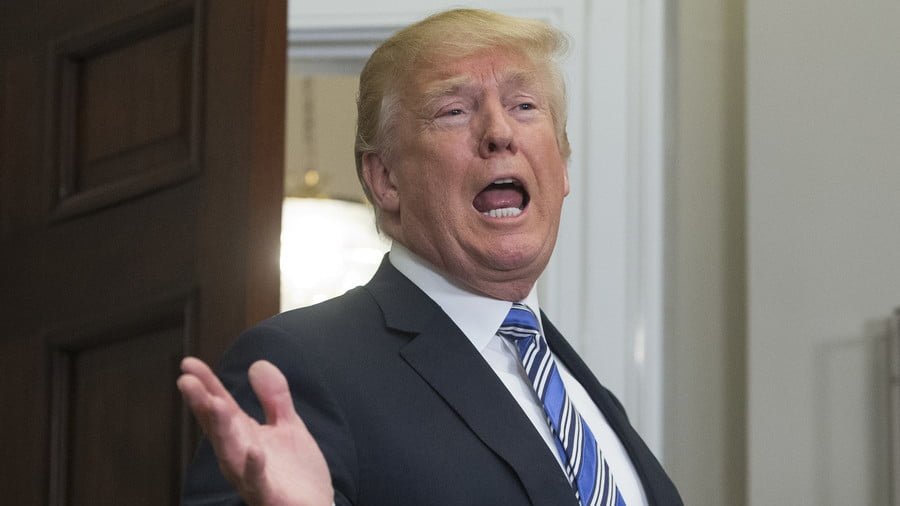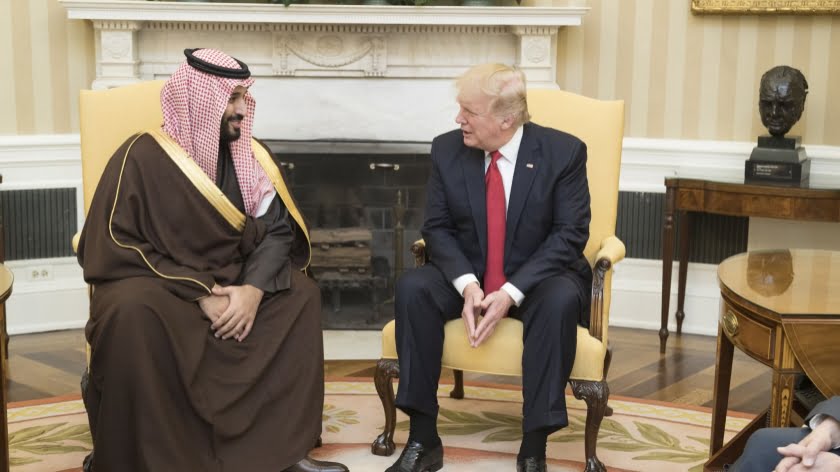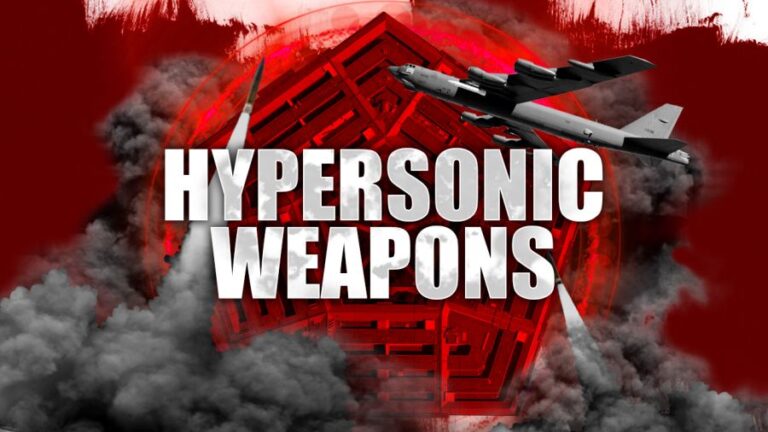Did China Threaten War Against the Philippines?
“I would insist that [part of the South China Sea] is ours and I will drill oil there,” Philippine President Rodrigo Duterte claimed he told his Chinese counterpart Xi Jinping during his second official trip to China earlier this month.
“[Xi] replied to me, ‘We are friends. We do not want to quarrel with you…We want to maintain the present warm relationship. But if you force the issue, we’ll go to war.’” Duterte said in comments to the local press.
Duterte’s claim, which has yet to be categorically confirmed or denied by Beijing, has predictably provoked a new flurry of criticism and raised hard new questions about his diplomatic realignment away from the US towards China, a shift that has raised concerns within his powerful security establishment.

The statement, whether true or false, has intensified local suspicions of the Asian powerhouse, which recently scored the lowest trust rating in the latest survey of Filipino public attitudes towards foreign powers. The US was viewed as the most trustworthy of countries surveyed in the opinion poll.
The supposed war threat comes against the backdrop of rising Chinese assertiveness in the contested maritime area, including China’s interception last week of a US radiation-detecting aircraft on a routine maneuver in the East China Sea’s international air space. China claimed the US plane was on a surveillance mission and that it’s reaction was “professional and safe.”
That followed reports that China has deployed for the first-time HQ-9 surface-to-air missiles on Hainan island in the northern reaches of the South China Sea, according to Israeli satellite imagery. Strategic analysts view the move as China’s next step in establishing a “no-fly” zone over the contested sea.
Those moves have put the Scarborough shoal, administered and occupied by China since 2012 but contained within the Philippines’ exclusive economic zone (EEZ), in a new strategic light. Duterte has vacillated between conciliatory and tough talk about China’s intentions in the South China Sea.

Duterte was instrumental as current chairman of the Association of Southeast Asian Nations (Asean) of watering down a recent joint statement after a summit held in Manila that some members apparently thought should have been more strongly worded on China’s militarization and massive island-building in the maritime area.
Duterte’s claim that China threatened war has predictably set off a political maelstrom at home. Senior Associate Justice Antonio Carpio, a central figure behind the Philippines’ landmark international arbitration win last July that ruled against the legality of China’s sprawling maritime claims, suggested that if Duterte’s claim were true then China violated various of its international commitments.
He says those could include both the United Nations Charter and the United Nations Convention on the Law of the Sea, as well as the Treaty of Amity (TAC) and Cooperation and the Declaration on the Conduct of Parties in the South China Sea (DOC), which were signed by both China and the Philippines under the aegis of Asean.

Both the TAC and the DOC expressly discourage parties from threatening the use or actual use of force in settling territorial disputes. As such, Carpio called on Duterte’s administration to take China to the United Nations over the alleged war threat and stand up more firmly to its giant neighbor.
“China’s threat of war against the Philippines over the [South China Sea disputes] reveals the aggressive design of China,” Carpio said before a largely sympathetic domestic media, most outlets of which have covered skeptically Duterte’s embrace of Beijing. “[Duterte] cannot simply do nothing, or worse acquiesce to China’s action – for inaction is the opposite of protecting the Philippines’ EEZ.”
Duterte’s remarks also provided ammunition to members of the political opposition, many of whom have discouraged deeper cooperation with China, criticized Duterte’s rejection of European Union aid based on disagreements over human rights issues and openly favored maintaining strong strategic ties with America.
Senator Paolo Benigno Aquino IV, a relative of Duterte’s presidential predecessor Benigno Aquino III, described China’s alleged threats as “troublesome” and called upon the government to explain its “independent” foreign policy.
“We are refusing aid [from the EU] because of criticism on the human rights situation here, yet we accept war threats from other countries,” the minority senator said. “That really seems inconsistent.”

Former foreign secretary Albert del Rosario, who oversaw stronger military cooperation with the US during the Aquino administration, called upon the government to restore immediately joint patrols and maritime security cooperation with Washington in the South China Sea in order to deter Chinese aggression and defend Philippine claims.
Newly installed Foreign Affairs Secretary Alan Peter Cayetano, Duterte’s vice presidential mate and a former senator, dismissed the mounting criticism as knee-jerk reactions which miss the full ‘context’ of Duterte’s private conversation with his Chinese counterpart.
“It is but natural when you talk about peace and when you talk about conflict… the word ‘war’ may come up, may or may not come up…so I’m not confirming or denying,” explained Cayetano, clearly trying to downplay rising public uproar over Duterte’s latest off-the-cuff remarks.

Duterte’s war threat remark is likely part of a deliberate political and geo-strategic calculus. Known for his fast and loose rhetoric on diplomatically delicate matters, Duterte has consistently tried to present relations with China in stark diametric terms: either the Philippines makes a deal with China, or risks a suicidal war.
Duterte has hoped his China embrace would tap into a pragmatic streak within the Filipino public psyche that will allow him to continue his potentially profitable diplomatic pivot. China has offered as much as US$26 billion for infrastructure and other development projects, funds Duterte clearly hopes will spark an economic boom under his watch.
Those promised investments, though not yet delivered, have also allowed him to dismiss his critics as warmongers who do not appreciate the asymmetry of power and geopolitical realities that overshadow China-Philippine relations.
But what is increasingly clear from the latest uproar is that Duterte’s strategic rapprochement with China will continue to face strong opposition and suspicion, regardless of the economic gains.
By Richard Javad Heydarian
Source: Asia Times







